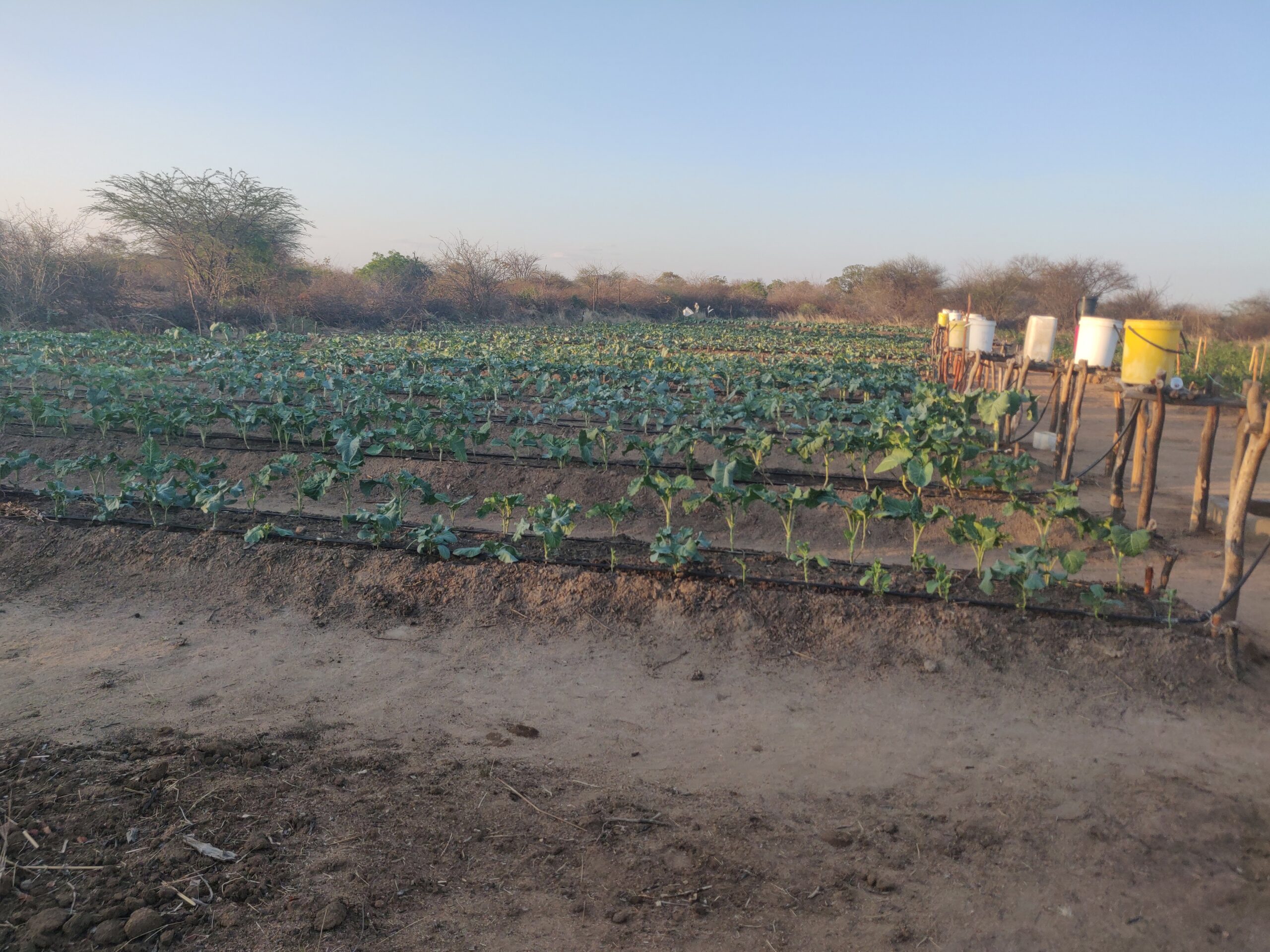Intuba Trust, a non-profit-making organisation has used drip irrigation to combat the effects of climate change in Matabeleland and provide food security for different communities in the region.
The organisation install solar-powered boreholes in different parts of the Matabeleland region.
Drip irrigation is a method of crop irrigation that involves a controlled delivery of water to plants through a system of pipes, valves, tubing and emitters.
According to Anna Brazier, a consultant in sustainable development, climate change is already affecting Zimbabwe with rainfall becoming more erratic.
Matabeleland North and South are projected to be the worst affected by climate change in future as the areas are already hot and low-lying, and they receive less rainfall which makes rain-fed agriculture challenging.
In an interview with CITE, Intuba Trust Founder, Raphael Mthombeni said the organisation teaches communities raised beds and drip irrigation systems as a way of upscaling production.
“The two have two advantages: Raised beds help with good nutrients. Farmers import new rich soils to build beds with rich soils like anthills or red or dark rich soils. These are topped with manure as organic fertilizer,” said Mthombeni.
“When dripping on a well built and fertilized bed plants feed easily on the fertile soft raised bed. They grow fast and production is increased.”
He added that dripping saves water in a very big way as opposed to flooding or sprinkling.
“Dripping saves the water in the well and it drips only to the planted crop not wetting the whole bed. It saves the pump as well. The pump is not overused by filling thousands of gallons to do flooding or sprinkling. Dripping conserves water but with a good yield,” said Intuba founder.
Mthombeni added that drip irrigation also addresses the effects of climate change as less water is used in the process.
“Because of less and different weather patterns, the water is becoming a scarce commodity. Soon the underground water tables are going to be affected by climate changes. We, therefore, bound to preserve water by using little water through dripping as opposed to the other forms of watering,” he said.
Meanwhile, a horticulture farmer in Ratanyane, Makoloyi said the drip irrigation is also assisting horticulture farmers to get improved diet.
“As a community, we told ourselves that we should eradicate poverty. Through this drip irrigation system we hope to harvest twice or thrice depending on the crop,” he said.

